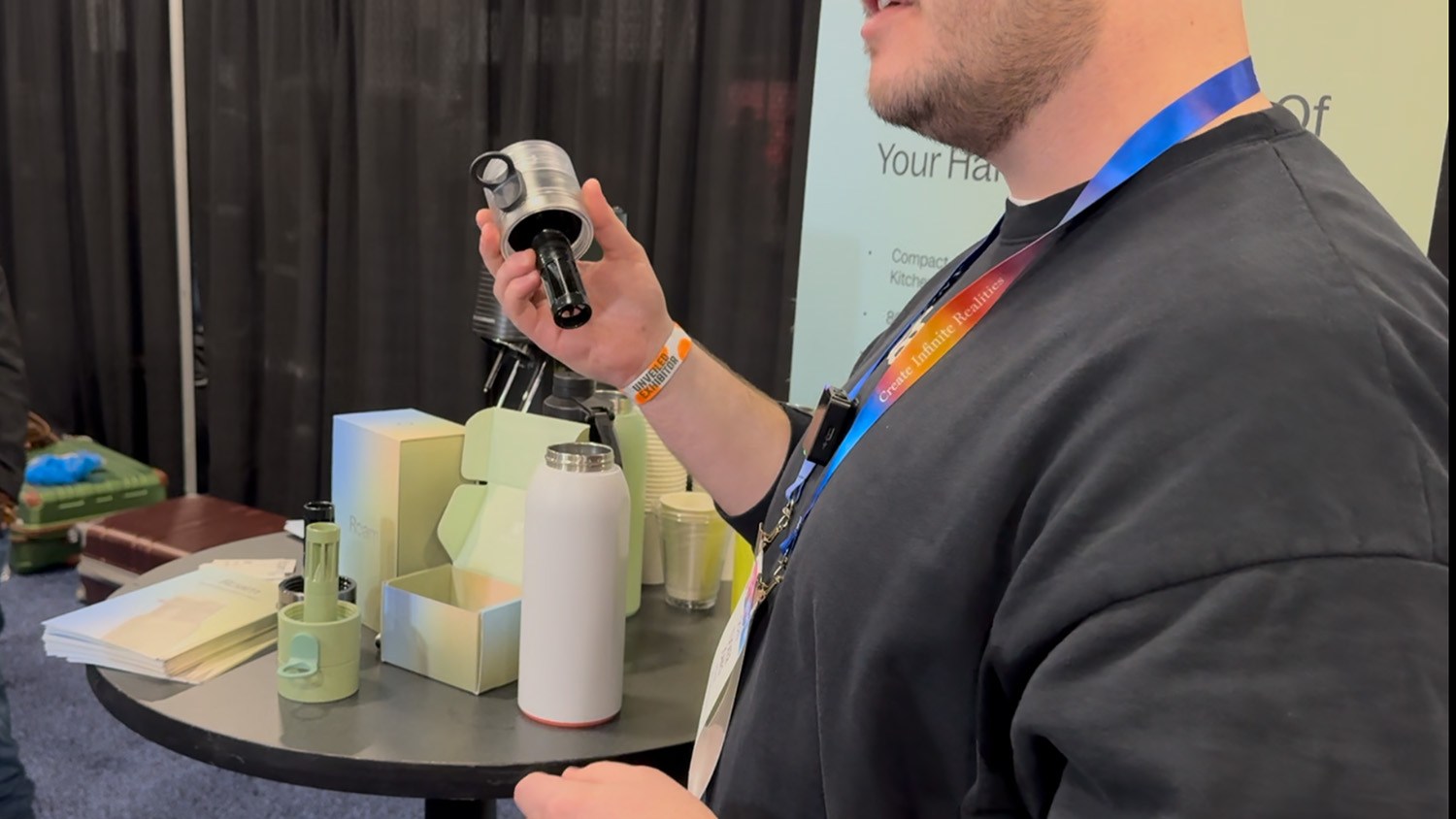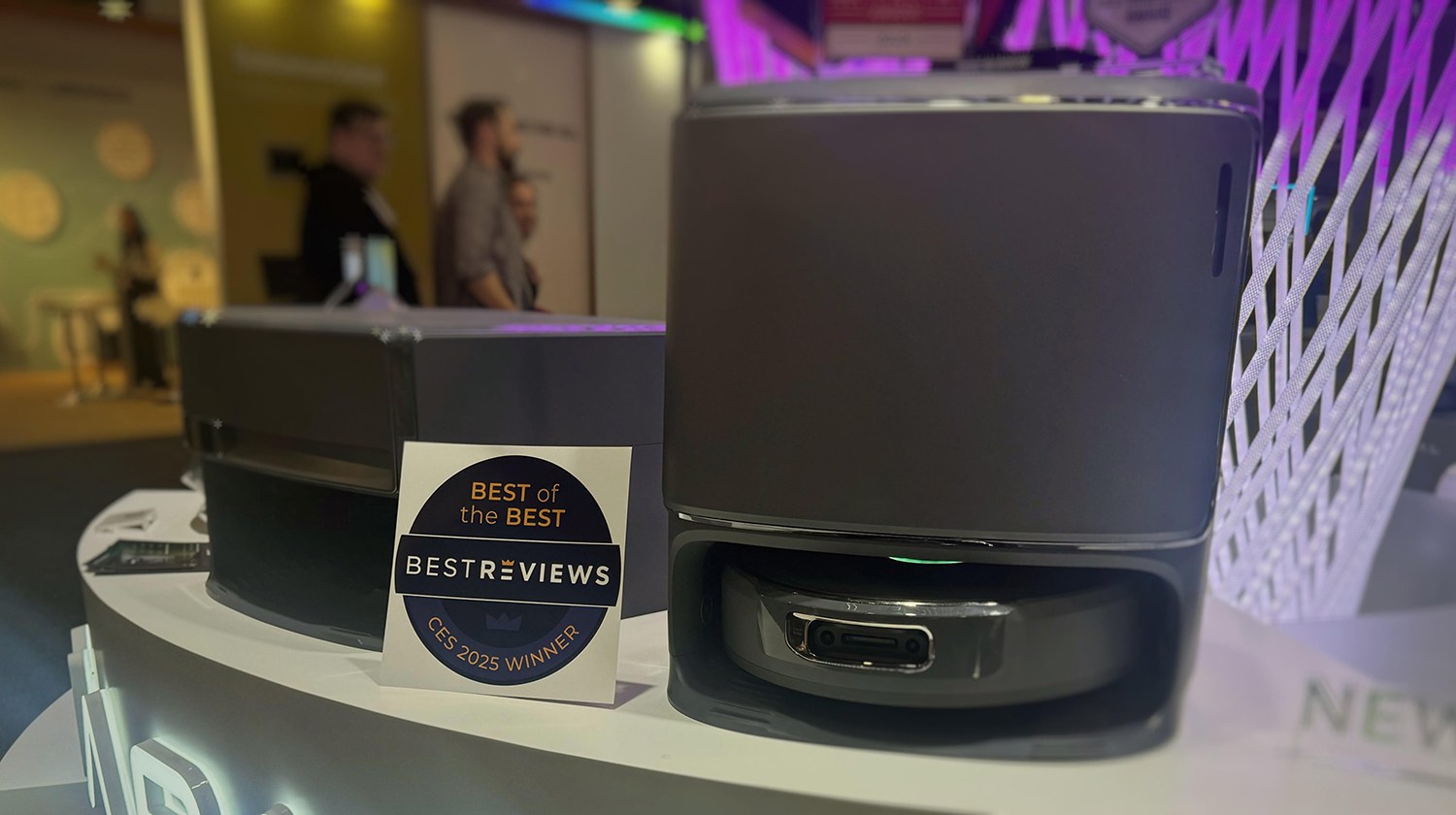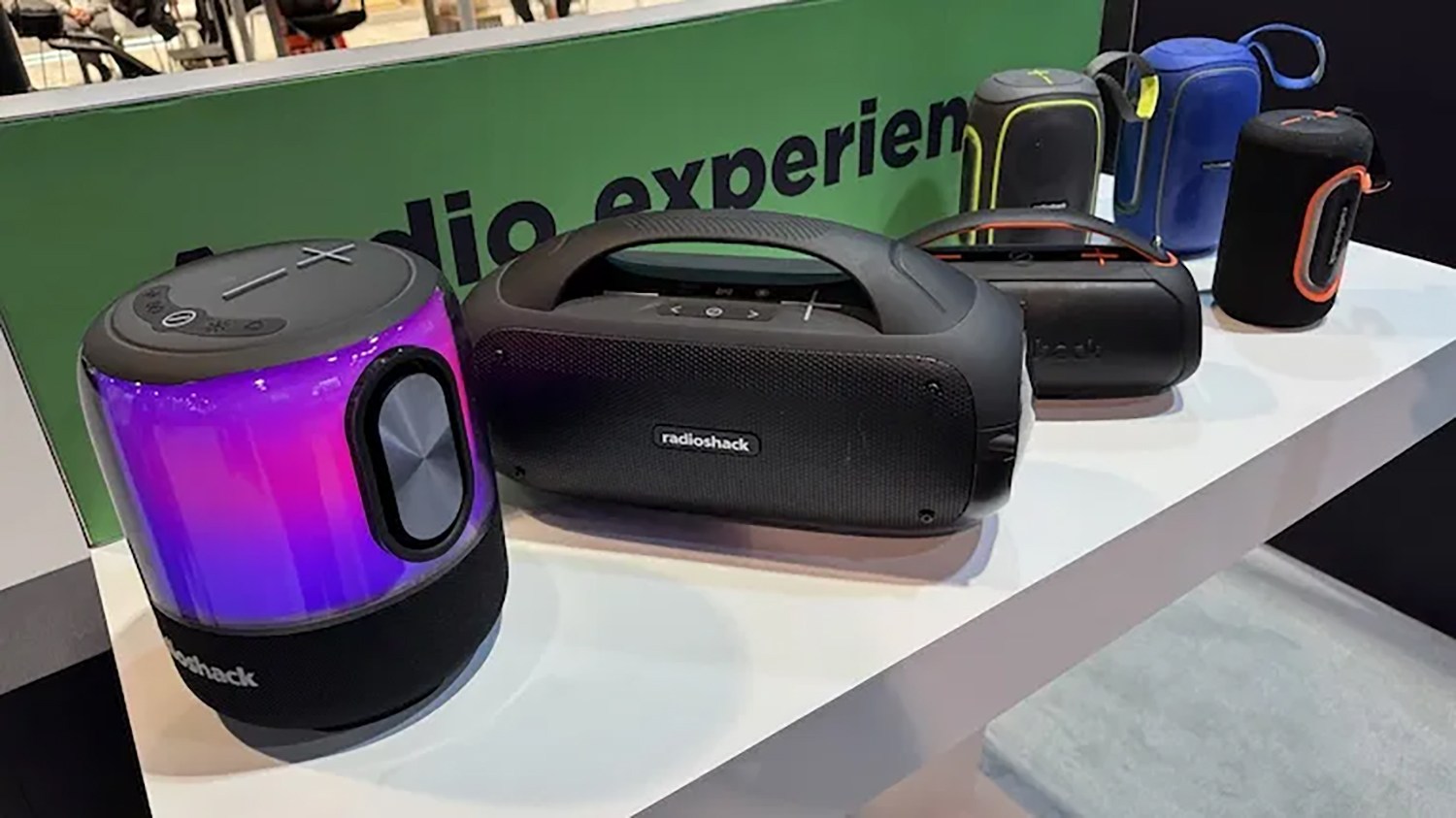CHESAPEAKE, Va. (WAVY) — In a power struggle involving a family in Chesapeake, there’s hardly a ray of hope that it won’t result in a lawsuit.
Will Rivera says he wants to save some money and help save the environment. He wants to install solar panels on his roof in the Edinburgh community in Chesapeake. Rivera got a one-sentence denial from the Architectural Review Committee.
“I feel slighted. Just the way (it was said) it’s not allowed and your opinion doesn’t count,” Rivera said.
“Solar Panels are allowed on structures within Edinburgh as long as it is not visible from a public right-of-way,” said a statement from Doug Fuller, presiding member of the Edinburgh Architectural Review Committee.
The ARC governs all residential and commercial construction approvals. Fuller is also president of Edinburgh developer Precon Development Corporation, Inc., and an Edinburgh resident.
“There are homes within Edinburgh that can accommodate this design standard and therefore an application would be approved by the Edinburgh ARC. Any structure with unapproved solar equipment that is visible from a public right of way would be in violation of the Edinburgh Detailed Standards and Restrictive Covenants and is subject to corrective action within the full extent of the laws of the Commonwealth of Virginia,” Fuller said.
But 10 On Your Side saw two homes in the community with solar panels – clearly visible from the road because that’s where our camera was. Rivera’s attorney Matthew Gooch says he has a solid case.
“I’ve just successfully won two other cases in Chesapeake. This one, we feel very good in terms of legal position,” Gooch said. “They have prohibited solar through the action of a board and Virginia law doesn’t permit that.”
Fuller says the committee’s stance is within the law, Gooch says it isn’t. Is there any daylight?
“Next stop is the courthouse, which is regrettable,” Gooch said. “It would be more optimal to have a conversation.”
A new Virginia law passed last year says that an HOA, or in Rivera’s case an architectural review committee, can’t force a homeowner to change the design or location of a solar array if it adds 5% or more to the cost, or cuts the array’s power production by 10% or more.
Hampton Roads neighborhoods have more solar homes than you might think. Chopper 10 flew over several communities where people are tapping into the sun’s rays.
A local installer says he often runs into these attempts at solar eclipses.
“I’d say 25% of the neighborhoods we work in have HOA restrictions, and so out of those 25 about half of those jobs are disqualified,” said Chad Wilkins, owner of Convert Solar.
“Solar is one of the best ultimate energy options we have,” Rivera said. He says his $50,000 system would even out his monthly power bills at about $280, rather than having spikes of $500 or more during the heat of the summer.
Wilkins says despite community restrictions, his business continues to grow.
“People want solar panels. Most people are also doing it because they want to limit their carbon production. So if the HOA has a rule that’s outdated or isn’t up to date with what the marketplace wants, then they’re really just hurting their own subdivision.”
Rivera’s attorney says unless the Edinburgh committee changes its position, he will file a lawsuit likely in the next week or two, in time for the prime season for sunshine. He sees additional cases like Rivera’s on the horizon.
“We keep getting calls. I thought after the first few that we did it would be gone, but people have been reaching out to us,” Gooch said.











































































































